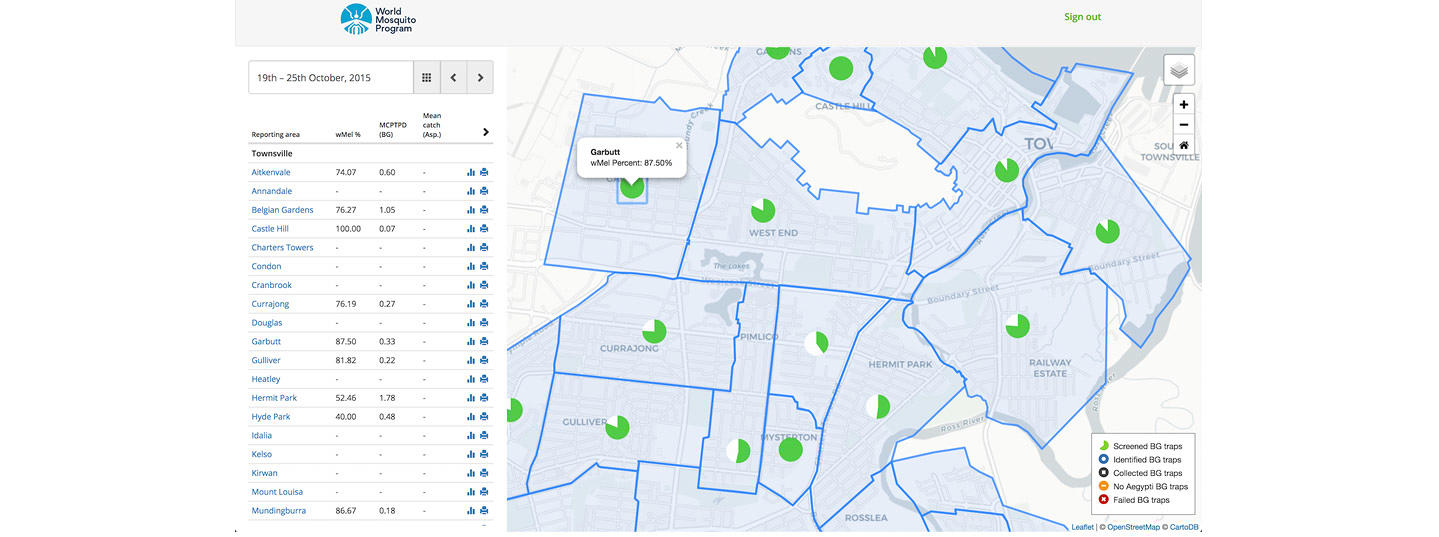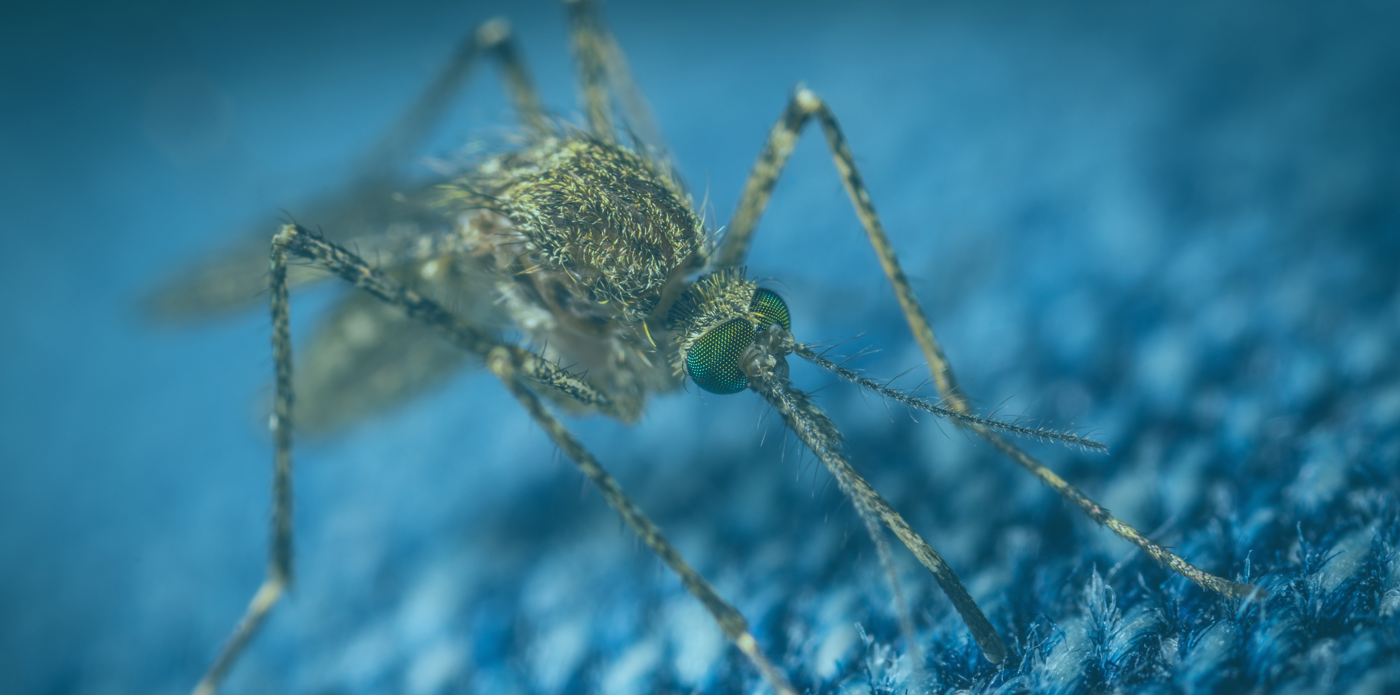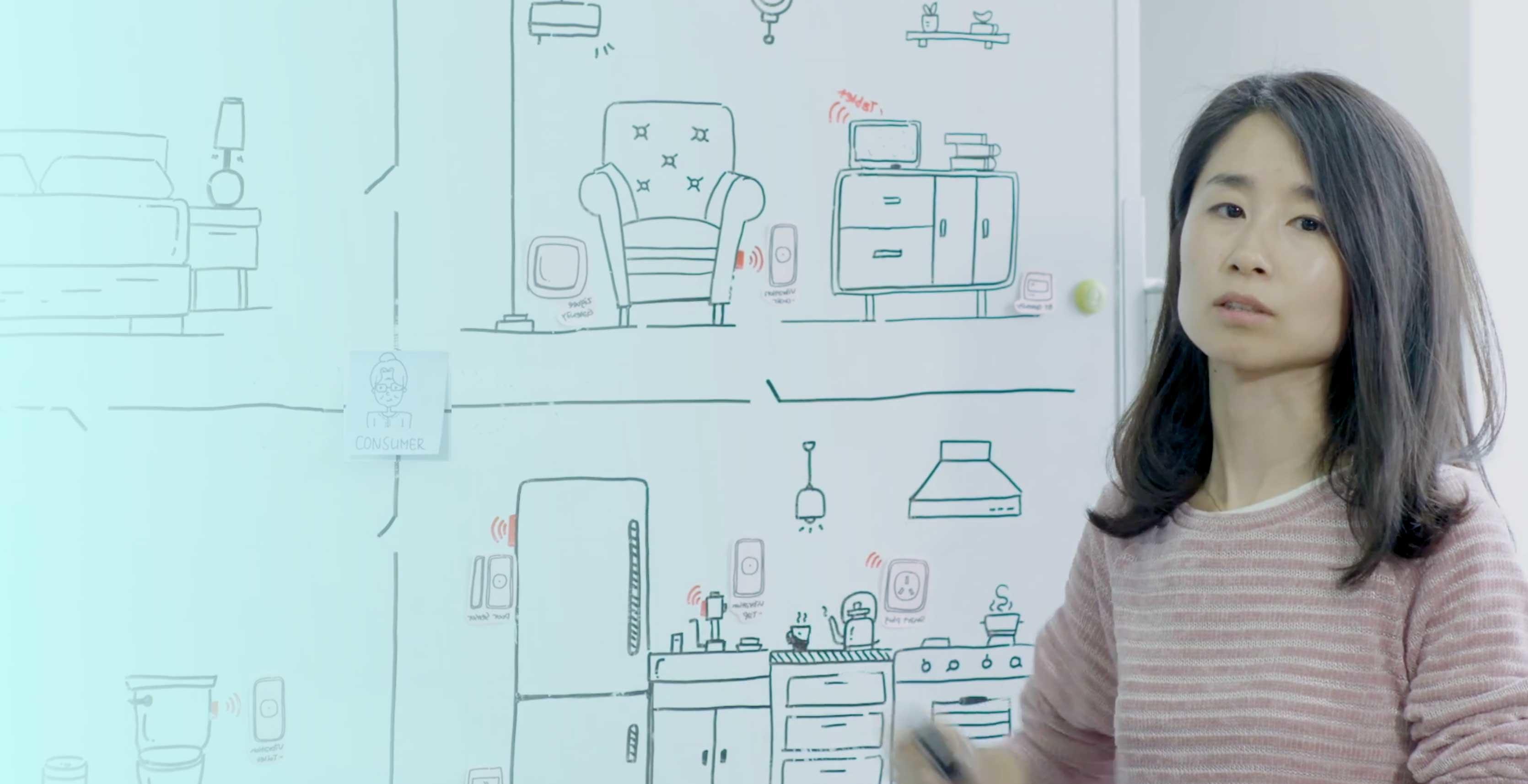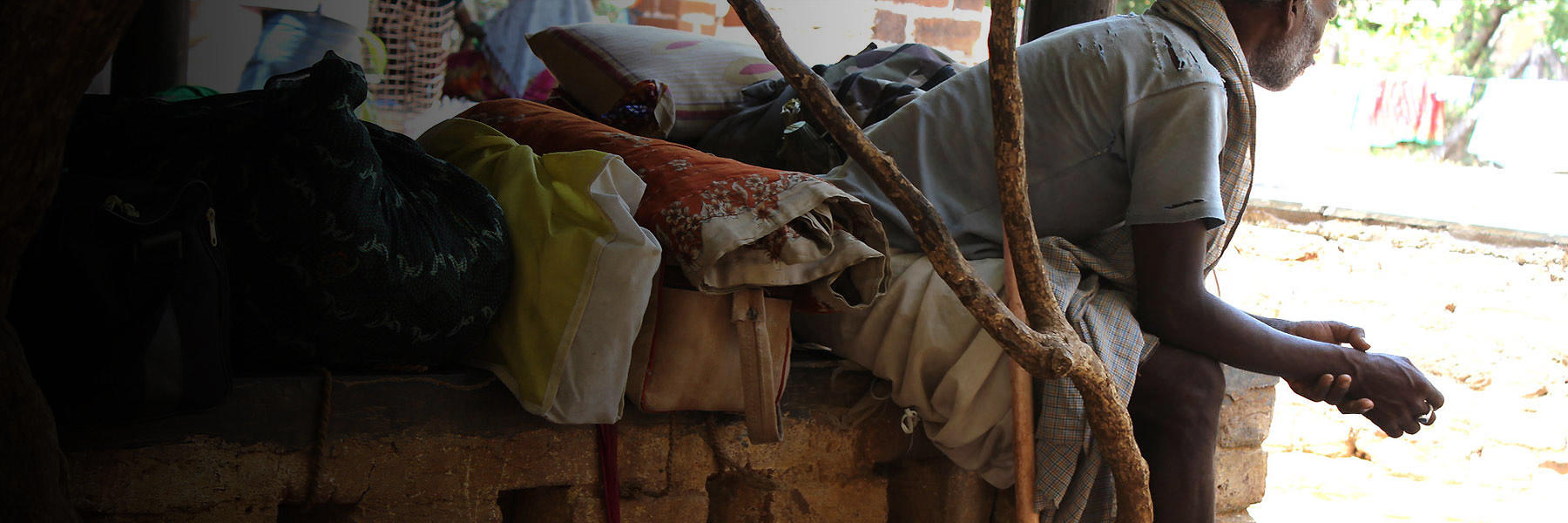With dengue endemic in more than 128 countries, and 390 million infections each year, the World Mosquito Program (WMP) has a very important mission: to protect the global community from mosquito-borne diseases.
A not-for-profit initiative, the WMP has established a self-sustaining method of dengue, Zika and chikungunya control, by introducing naturally occurring bacteria, Wolbachia, into the local mosquito population. Once released, these Wolbachia carrying mosquitoes breed with local mosquitoes. Over time, Wolbachia establishes in the mosquito population and reduces its ability to transmit these viruses to people.
Data is captured at every stage of the process, and weekly reports are generated to track the establishment of Wolbachia and inform decisions about release strategies.
In order to increase the reach and impact of their program, the WMP needed to scale from pilot release sites to become an international not-for-profit initiative, operating across multiple countries. To achieve this level of scale, they worked with Thoughtworks to build the core digital platform needed to underpin their expansion strategy.
Together we built a suite of digital tools to increase the efficiency of operations in the field and the laboratory and to enable us to capture and use the program’s data in more meaningful ways.
We developed the ‘Core Data’ mobile and desktop application for field workers, to replace their manual, paper-based process. The app was designed to support field activities, such as releasing, collecting and monitoring mosquitoes, and also to capture, enhance and display data for decision-making. It was important that the application be available offline, making it suitable for use in remote communities.
The app is currently being used in 10 field sites, across nine different countries: Australia, Brazil, Colombia, Indonesia, Vietnam, Vanuatu, Fiji, Kiribati, and Mexico. Releases in New Caledonia, India, and Sri Lanka are currently in the pipeline.
Working with Thoughtworks provided the technical capability needed to respond quickly to the needs of our field and laboratory technicians at scale.


Our second application was an ‘insectary data’ tool, built to assist laboratory technicians with their task of rearing enough mosquitoes to meet the demand of new project sites. Rearing mosquitoes is an expensive endeavour, requiring close monitoring and screening of the eggs and insects before they can be released. The application tracks information on the rearing process, including yield, feeding schedules, materials required and mortality rates. This allows the WMP to track progress against their targets, and course-correct where needed.
Finally, we created “Epi”, an application used in medical clinics for impact assessment. The application helps with collecting patient data to support the WMP's randomised control trials in Indonesia and Colombia. Having this information helps the WMP to demonstrate the effectiveness of their approach, and to secure additional funding.
Today, the WMP has reached more than 1 million people in areas where Wolbachia carrying mosquitoes have been released. Through their collaborative and innovative approach, the WMP aims to expand its reach and help to reduce the global burden of mosquito-borne diseases.
Reducing the global threat of mosquito-borne diseases is an ambitious goal, but one we are committed to achieving. It’s very powerful to see how the partnership between science and digital technology has the potential to have such a large impact on people’s health and lives.


















